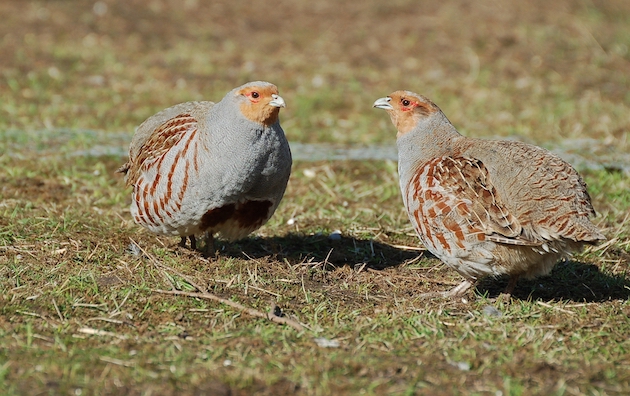GWCT launches fact checking website to counter misreporting
The Game & Wildlife Conservation Trust has taken a practical step to address misinformation reported by the media

The BBC misreported the number of grey partridges in the UK
In a move to address the frequent misreporting of science relating to land management and shooting in the national press, radio and media, the GWCT has launched a fact checking website: “What the Science Says”.
“We want to correct bad information in the media, highlighting where claims have no basis in scientific evidence, because bad information can easily creep into policy and lead to bad decisions,” explains Teresa Dent, Chief Executive of the GWCT.
“We will examine relevant claims from the media, reports or manifestos; look at the evidence; and support, explain or correct them. This will be a reliable, unbiased resource that will assess the science behind these claims to understand how well supported they are.”
The GWCT has always been on the alert for challenging misreporting and is aware of the danger it poses, calling out major publishers and broadcasters, including the BBC, when ‘fake news’ is aired.
BBC impartiality and errors
In March BBC Radio 4’s ‘Short Cuts’ programme told its audience that there were just 100 grey partridges left in the UK. The real figure is closer to 70,000, as verified by the Avian Population Estimates Panel, the British body responsible for these figures. When challenged by the GWCT the BBC blamed human error: the producers had misread the data supplied by the Zoological Society of London.
The GWCT warns: “This error highlights not a lack of impartiality, but a lack of specialist knowledge. In future, What the Science Says will provide journalists with an easy way to fact-check conservation and environmental stories.”
Teresa Dent said: “The way people access the media has changed dramatically in recent years. Half of British people now get their news from social media and Facebook is the third biggest news source in Britain, bigger than any newspaper. ‘Fake news’ is a massive problem, so accuracy is even more important as bad information travels fast online.”








